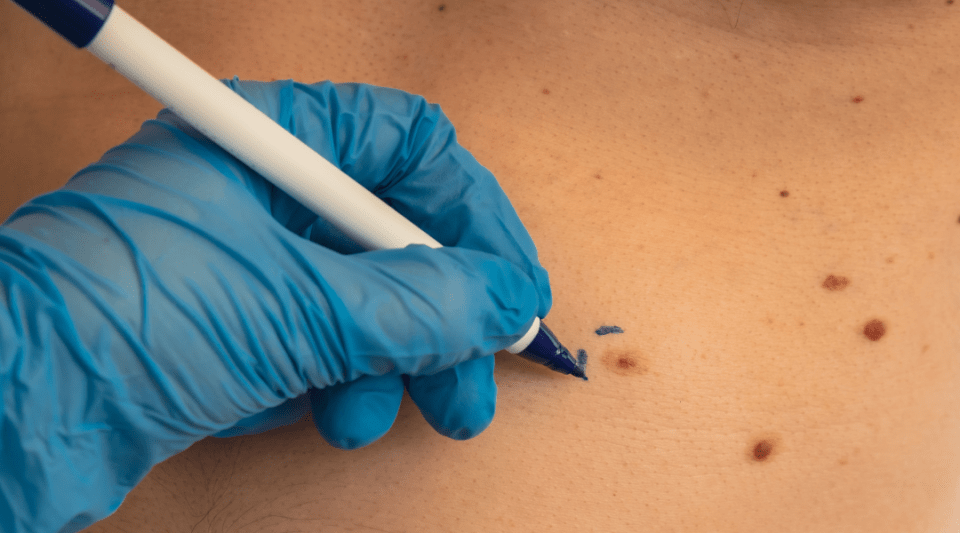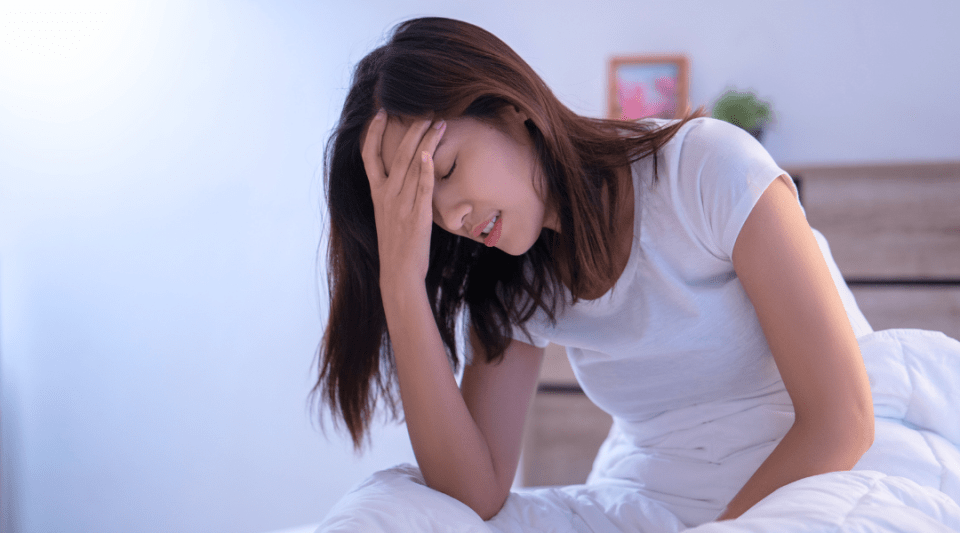During menopause, a woman's body experiences many changes, including vulvovaginal atrophy that cause symptoms in 40-60% of women. It is notable for the thinning of the walls of the vagina, which produces vaginal dryness and inflammation, due to a decrease in oestrogens, the female sex hormones. Regular sexual activity, with or without a partner, has been shown to help maintain healthy vaginal tissues by increasing blood flow to them.
The most common symptoms of vulvovaginal atrophy are burning, itching, bleeding and pain during sexual intercourse. Frequent urination may also occur, and there may be urinary tract infections. For this reason, vulvovaginal atrophy is currently included in the genitourinary syndrome of menopause (GMS), as the symptoms are both genital and urinary. Only 20-25% of women seek professional help.
There are risk factors that can contribute to genitourinary syndrome, such as smoking, which decreases blood circulation in the body and, therefore, in the genital area also. A lack of sexual activity leads to a decrease in blood flow, lubrication and elasticity of the vaginal tissues. There are other factors apart from this that can increase the risk of vaginal atrophy; such as certain drugs used in breast cancer, chemotherapy or radiotherapy in the pelvic area, ovary removal and stress.
The diagnosis of genitourinary syndrome is based on clinical symptoms reported by the patient and confirmed by a pelvic examination consisting of palpation and visual inspection of the external genitalia, vagina and cervix. A urine test and an acid balance test may also be done. The latter requires taking a vaginal fluid sample or applying a paper test strip to assess vaginal pH.
The most common treatment is applying water-based lubricants during sexual activity, which helps reduce sexual pain, or vulvovaginal moisturisers, which have a longer-lasting effect. If these treatments do not work, local hormone therapy, such as vaginal cream or suppositories, can provide direct relief for the symptoms. However, it has been shown that regular sexual activity with orgasms, with or without a partner, can help maintain healthy vaginal tissues.
Depending on each case, a gynaecologist or sexual health professional will be able to recommend the most appropriate treatment for the patient. Menopause is a stage of life when women experience many changes; however, there are many options to alleviate the symptoms and to treat each specific case.
INFORMATION DOCUMENTED BY:
Dr Sònia Anglès, a Senior Specialist Gynaecologist at the Clínic Institute of Gynaecology, Obstetrics and Neonatology (ICGON), who holds a Master's Degree in Clinical Sexology and Sexual Health. Member and secretary of the Clinical Sexology Working Group and associate professor of Obstetrics and Gynaecology at the Faculty of Medicine, University of Barcelona.






